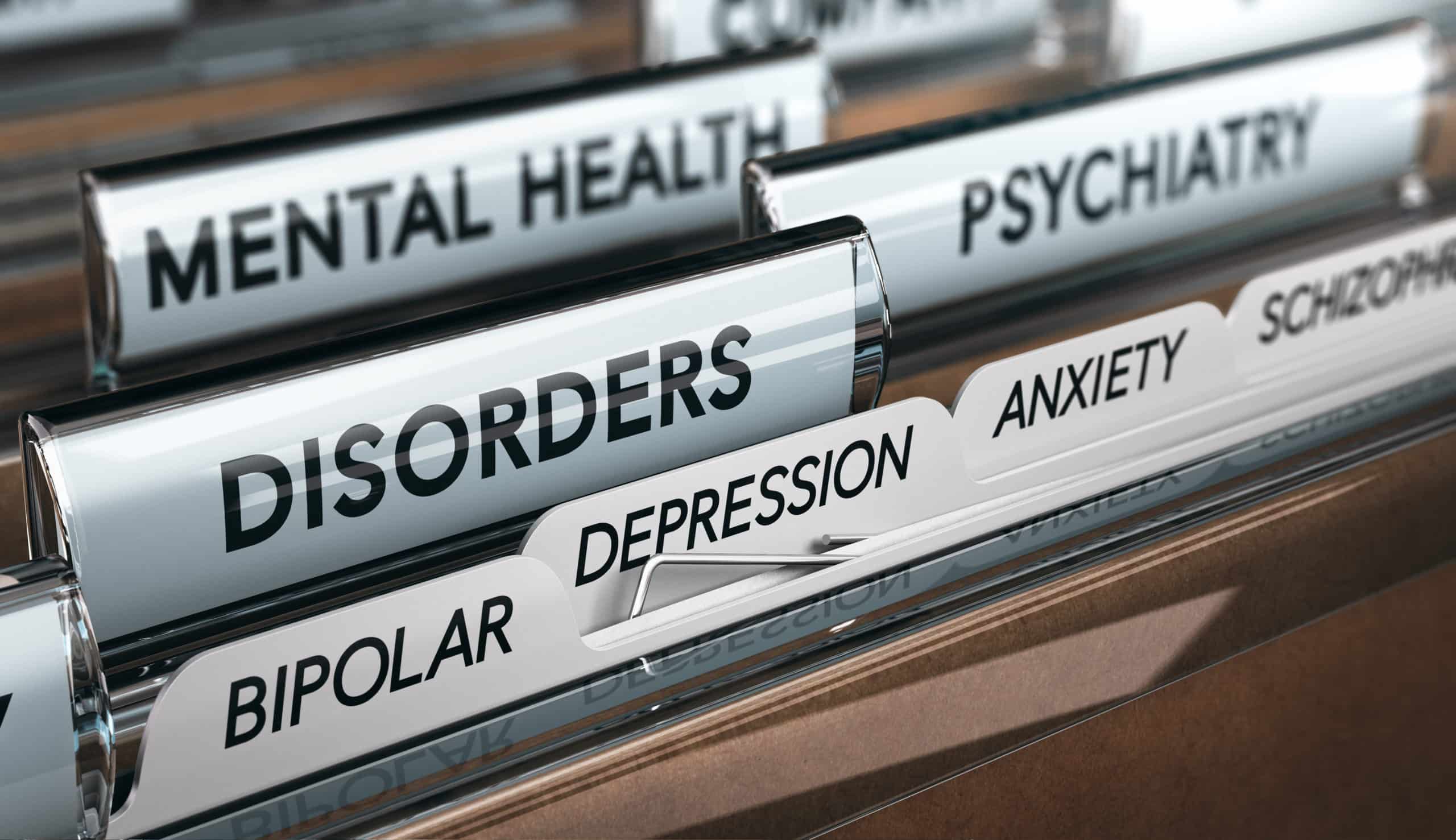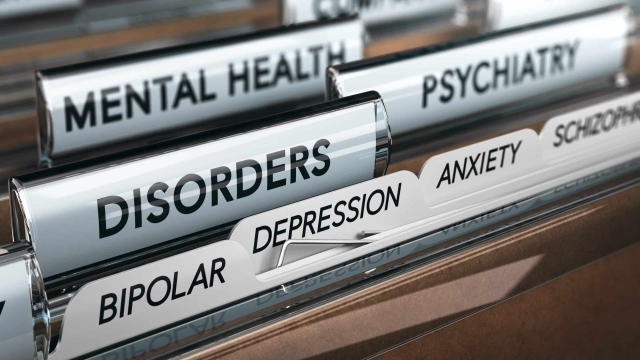
In the realm of mental health and self-discovery, counseling and therapy stand as beacons of hope for individuals navigating the shadows of depression and addiction. These intertwined challenges can cast a veil over one’s life, dimming the once vibrant colors of joy and contentment. However, with the right guidance and support, a path illuminated by understanding, healing, and resilience emerges. Counseling and therapy serve as the guiding lights that accompany those embarking on a journey of introspection and transformation.
Understanding Depression and Addiction
Depression and addiction are complex and interwoven conditions that can significantly impact an individual’s well-being. People struggling with depression may experience persistent feelings of sadness, hopelessness, and a loss of interest in activities they once enjoyed. On the other hand, addiction involves a compulsive need to engage in a behavior or consume a substance, despite negative consequences. These conditions often co-occur, exacerbating the challenges individuals face in their daily lives.
Both depression and addiction can have various underlying causes, including genetic predispositions, environmental factors, and traumatic experiences. It is essential to recognize that these conditions are not simply a matter of weak willpower or personal failing. Rather, they are complex mental health issues that require empathy, understanding, and evidence-based interventions to address effectively.
Seeking counseling and therapy can provide individuals struggling with depression and addiction a safe space to explore their thoughts, emotions, and behaviors. Therapists and counselors trained in treating these conditions can help clients identify coping strategies, develop healthier patterns of thinking and behavior, and work towards building a more fulfilling and balanced life. By addressing the roots of depression and addiction in therapy, individuals can begin to heal and navigate towards a path of recovery and well-being.
Importance of Counseling and Therapy
Counseling and therapy provide individuals with a safe space to explore their thoughts, emotions, and experiences. Through these therapeutic interventions, individuals can gain valuable insights into their mental health and well-being. By fostering a trusting and supportive relationship with a trained professional, clients can feel empowered to work through deep-rooted issues related to depression and addiction.
Therapy
Therapeutic interventions offer practical coping strategies and techniques to manage symptoms of depression and addiction. Through counseling, individuals can learn how to identify triggers, develop healthy coping mechanisms, and enhance their emotional resilience. Therapy provides a structured framework for clients to address their challenges and make positive changes in their lives. With the guidance of a skilled therapist, individuals can navigate the complexities of their mental health struggles and develop personalized strategies for recovery.
Seeking counseling and therapy can also reduce feelings of isolation and loneliness that often accompany depression and addiction. The therapeutic process allows individuals to feel heard, validated, and understood without judgment. By engaging in counseling sessions, clients can build a sense of connection and support that is essential for healing and growth. Therapy serves as a beacon of hope in the darkness, illuminating a path towards self-discovery, self-acceptance, and ultimately, a brighter future.
Finding Hope and Healing
In times of darkness, it can be challenging to see a path forward. Counseling and therapy offer a beacon of hope for individuals struggling with depression and addiction. Through these supportive interventions, individuals can begin to untangle the complexities of their emotions and behaviors, paving the way for healing and growth.
One of the key aspects of finding hope and healing in counseling and therapy is the establishment of a safe and non-judgmental space. This environment allows individuals to express themselves openly and honestly, without fear of repercussions or stigma. By feeling understood and accepted, clients can start to build trust with their counselors and therapists, laying the foundation for meaningful progress in their journey towards recovery.
Furthermore, counseling and therapy provide individuals with valuable coping strategies and tools to navigate the challenges posed by depression and addiction. Whether through cognitive-behavioral techniques, mindfulness practices, or emotional regulation skills, clients learn how to better manage their symptoms and make positive changes in their lives. By acquiring these resources, individuals can cultivate a sense of empowerment and agency as they actively work towards finding light amidst the shadows.
